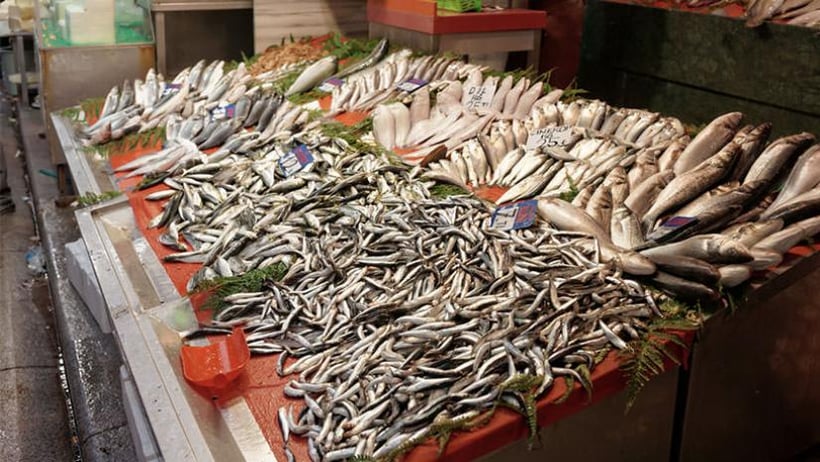
A recent study of Canadian seafood by Oceana Canada found that over 40 percent of seafood tested was mislabeled. The seafood sampled was sourced from Canadian restaurants and food retailers in five Canadian cities. Restaurants proved to pose the largest concern where mislabelling accounted for more than half of the samples tested.
One of the most troubling aspects of the study, all 10 of the samples labelled butterfish and 10 of the 15 samples labelled white tuna were found to be escolar.
The unfortunate side effects of escolar
For those not familiar with escolar, it’s a type of snake mackerel and has been named by many food experts as the “laxative of the sea.” Although escolar is tasty, it’s common to experience violent diarrhea, vomiting and nausea after eating an escolar fillet, or portions of the fish mixed in with other fish.
In Canada, the sale and use of escolar in food are legal. However, Italy, South Korea and Japan have all banned escolar due to its health risks.
The life-threatening effects of amberjack
Oceana Canada’s study found that 18 samples labelled as yellowtail were Japanese amberjack. Amberjack and other common reef fish contain a natural toxin, ciguatoxin.
Consuming ciguatoxin leads to a food-borne illness called ciguatera, known to cause long-term debilitating neurological symptoms. Cooking, smoking, freezing, canning, salting or drying does not destroy ciguatoxin.
The true costs of food fraud
When food is mislabeled, it poses severe health risks. When seeking medical treatment, doctors need to know what you’ve consumed in the last 24-48 hours (possibly longer).
When food fraud is abundant, determining what’s been eaten may be impossible, leading to misdiagnosis or no diagnosis. Without proper diagnosis, doctors can’t properly treat patients.
Oceana Canada is on a mission to change food safety policies and practices, ensuring that all seafood is:
- traced from boat to plate
- documented, including all domestic and imported seafood
- screened with DNA testing
To help combat this growing concern, visit Oceana Canada’s website. Oceana Canada is an independent charity established to restore Canadian oceans to be as rich, healthy, and abundant as they once were.
Note: Food fraud is a collective term used to encompass the deliberate and intentional substitution, addition, tampering, or misrepresentation of food, food ingredients, or food packaging; or false or misleading statements made about a product, for economic gain.





